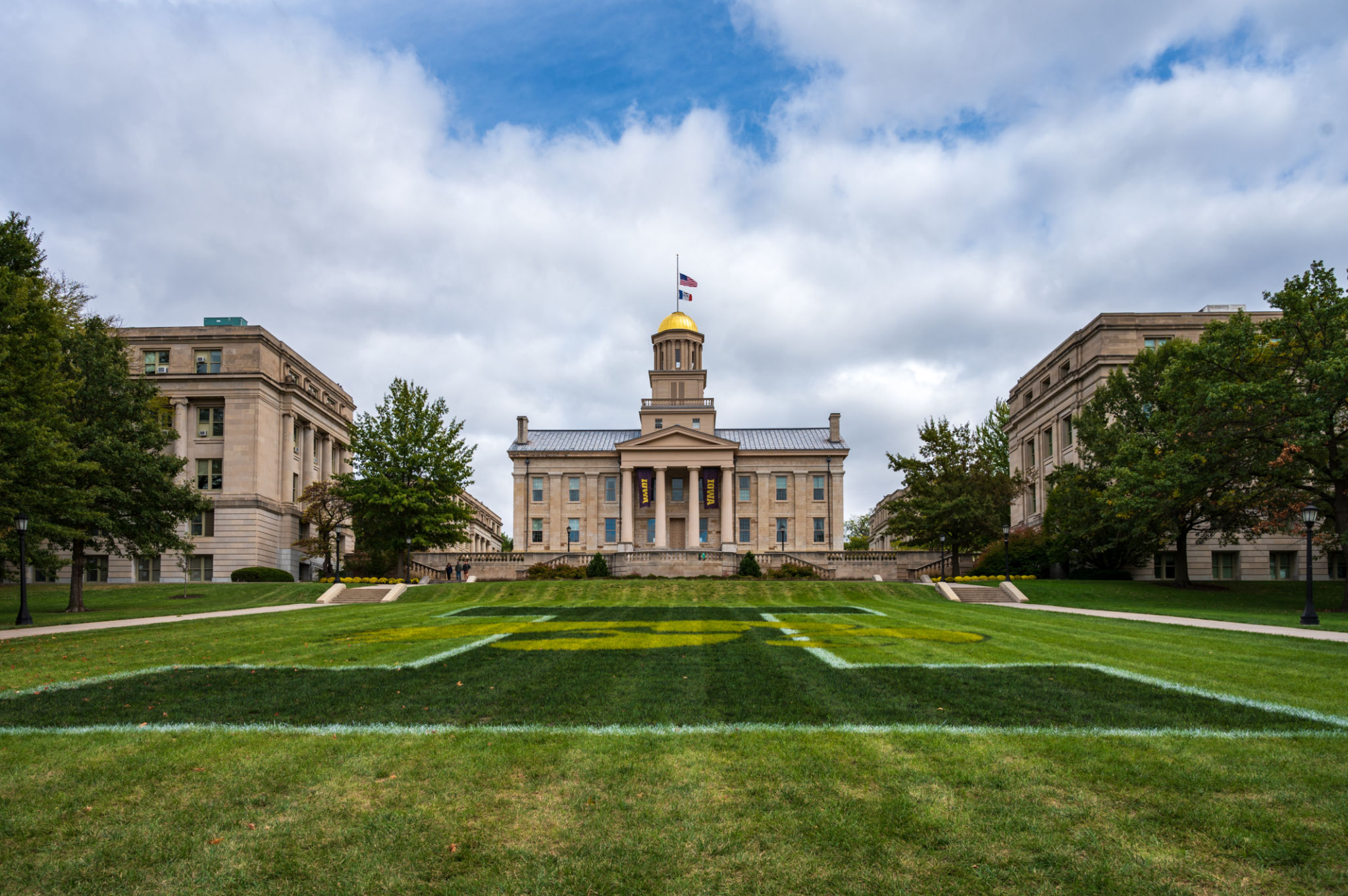Top Tips for Organizing Community Events in Des Moines
Understanding Your Community
Organizing a community event in Des Moines requires a deep understanding of the local culture and interests. Start by identifying the demographic and psychographic profiles of your community. This will help in tailoring the event to align with their interests and preferences. For instance, if your community is passionate about local art, consider incorporating local artists into your event.
Engage with community members through surveys and social media polls to gather insights. This feedback will be invaluable in planning an event that resonates with the audience. Remember, community involvement is key to a successful event.

Planning and Budgeting
Once you have a clear understanding of your target audience, it's time to move on to planning and budgeting. Create a detailed plan outlining every aspect of the event, including location, activities, and logistics. It's crucial to set a realistic budget that covers all expenses while also allowing room for unforeseen costs.
Use an organized approach by creating a checklist of tasks and assigning them to team members. This ensures that no detail is overlooked. Additionally, consider reaching out for sponsorships from local businesses to help cover costs.
Choosing the Right Venue
The venue plays a significant role in the success of your community event. In Des Moines, there are plenty of options ranging from parks and community centers to art galleries and theaters. Choose a venue that is easily accessible, has adequate parking, and can accommodate the expected number of attendees.

Ensure the venue aligns with the theme of your event. For example, an outdoor festival would require a spacious park, while an art exhibit would be better suited to a gallery setting.
Promoting Your Event
Effective promotion is essential to attract attendees. Utilize various marketing channels such as social media, local newspapers, and radio stations to spread the word about your event. Create engaging content that highlights the unique aspects of your event and encourages people to attend.
Social media platforms like Facebook and Instagram are excellent tools for reaching a broad audience. Consider creating an event page where you can share updates and interact with potential attendees.

Coordinating Volunteers
Volunteers are the backbone of any successful community event. Recruit dedicated individuals who are passionate about contributing to their community. Ensure they are well-informed about their roles and responsibilities by conducting training sessions prior to the event.
Maintain open communication with your volunteers, providing them with schedules and contact information for team leaders. Recognizing their efforts with a small token of appreciation can boost morale and encourage future participation.
Ensuring Safety and Security
The safety and security of attendees should be a top priority. Collaborate with local authorities to develop a comprehensive safety plan that includes crowd control, emergency procedures, and first aid stations. Consider hiring security personnel if necessary.
Clearly mark all exits and ensure that pathways are unobstructed. Communicate safety procedures to attendees through signage and announcements throughout the event.
Evaluating Event Success
After the event concludes, it's important to assess its success. Gather feedback from attendees, volunteers, and sponsors to identify what worked well and what could be improved. This information will be invaluable when planning future events.

Create a report summarizing attendance numbers, budget outcomes, and overall satisfaction levels. Share this report with stakeholders to highlight the event's impact on the community.
Building Long-Term Relationships
A successful community event in Des Moines can pave the way for building long-term relationships within the community. Follow up with attendees through thank-you emails or social media posts expressing gratitude for their participation. Encourage them to stay connected by subscribing to newsletters or joining community groups.
By fostering ongoing engagement, you can create a loyal community base that eagerly anticipates future events, ensuring sustainable success for years to come.
